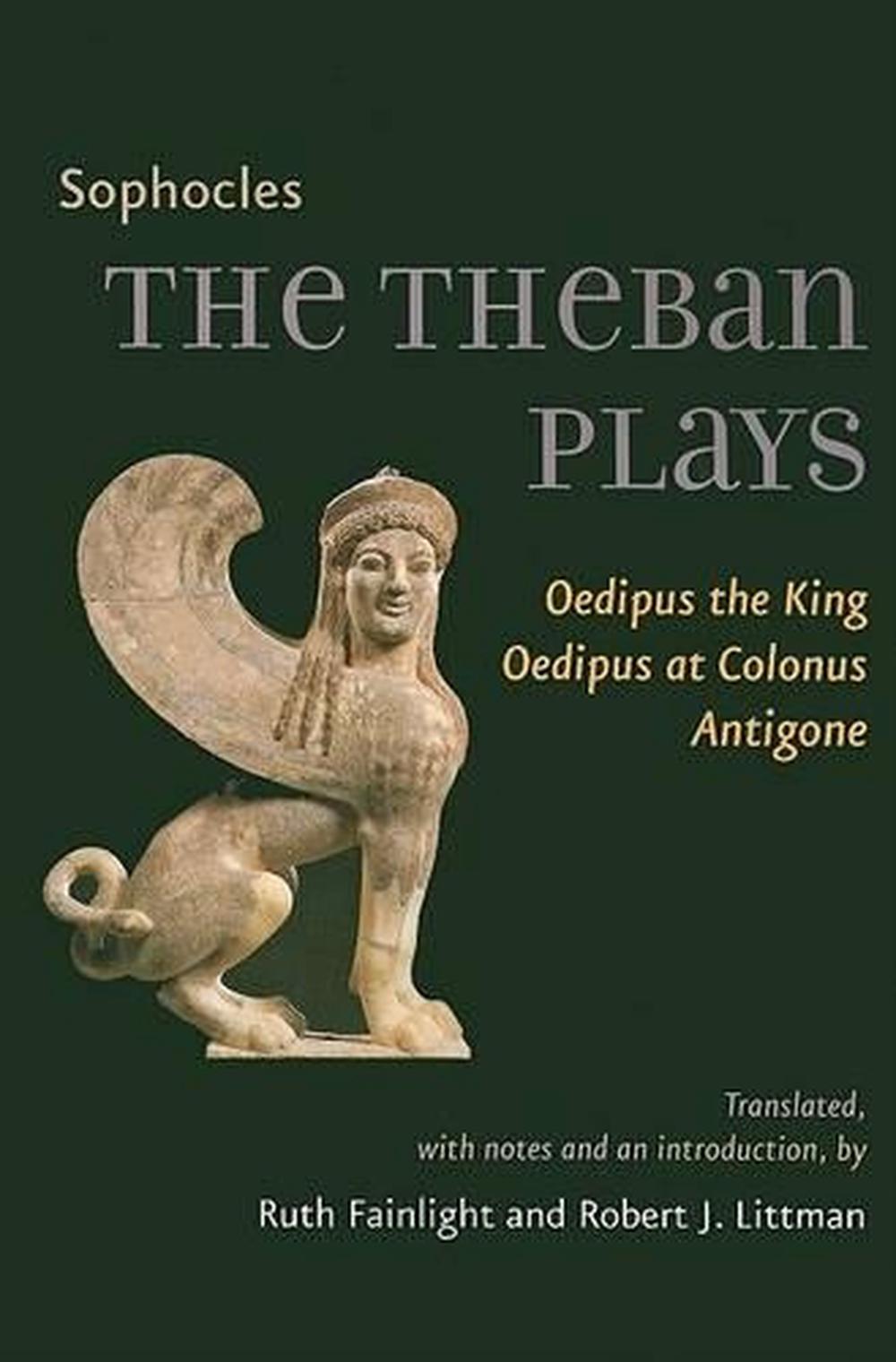


We witness the events of the play that take place in this rural space on the road, rather than in either city. The production is being performed in Flipside, where the audience is on the stage of the main theatre, but rather than having the audience on one side looking back, the performing space is set up as if it were a kind of road running between the two cities, with the audience on both sides. There are enough clues in the play to keep an English-speaking person understanding, but you can feel their frustration that they can’t catch everything, and that’s part of the play.” Now, ironically, it’s the black audience members who understand the entire play and it’s the white audience members who are challenged.

“Those are the people that normally don’t have a voice, right? They would have to either just survive in the English environment or be cut out completely.

The chorus actually throws the main characters out of the set! Bye bye now, we’re going to say the things we want to say. Who gets translated? Who has access? This play turns things on its head. And one of the things that clashes in our landscape is language. “A lot of tension is going on between an old play and a new play, the past is clashing with the present. Fleishman explains the meaning and rationale behind the choice: There is a strong impression of the characters’ emotions during the Xhosa dialogue, which is more important than their exact words, but it is still a subversive decision. Rather than have line-by-line translations, only a few key lines spoken in isiXhosa are translated. To fill them in as quickly as possible, we had to have that exposition at the beginning.”Īnother challenge in adapting the play to this context was how to approach language diversity. This play starts where he’s already been wandering in the world and now he wants to die. Not only of this play, but of the play that came before this play in which the character is brought into being and then goes through all these terrible things and pulls out the eyes. “In the professor’s speech he says let me tell you the whole story. The production promises to be a bold and innovative reworking of the classic play with a stellar cast made up of Andrew Buckland, Faniswa Yisa and Jennie Reznek and a chorus of interns from Magnet Theatre.ĭirector Mark Fleishman explains that one of the main challenges of adapting such an ancient play is that one can’t expect that the audience will immediately know all the references and the backstory. Andrew Buckland and Jennie Reznek in ‘Oedipus at Colonus #aftersophocles’.


 0 kommentar(er)
0 kommentar(er)
